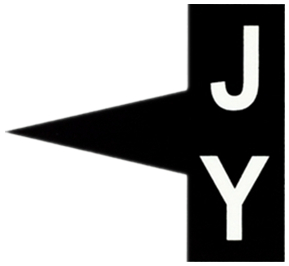In the manufacturing industry, selecting the appropriate machining method is crucial to ensuring product quality and production efficiency. Whether it's CNC milling, turning, stamping, or wire cutting, each machining method has its unique advantages and suitable applications. Here are some key factors to help you choose the most suitable machining method.
1. Part Complexity
High-Complexity Parts: If your part design is complex and requires high precision and multi-axis machining, CNC milling and 5-axis machining are ideal choices. These methods can handle intricate geometries and fine details.
Simple Parts: For parts with simple shapes, such as shafts or cylindrical components, CNC turning or automatic lathe machining may be more cost-effective.
2. Material Type
Metal Materials: CNC milling and turning are suitable for most metal materials, such as aluminum, steel, and titanium. For harder materials, wire cutting (e.g., EDM wire cutting) may be a better option.
Non-Metal Materials: For non-metal materials like plastics and composites, CNC milling and stamping are common choices.
3. Production Volume
Small-Batch Production: For small-batch or customized production, CNC machining is the preferred choice due to its flexibility and high precision.
Mass Production: For mass production, stamping and automatic lathe machining may be more cost-effective, as they enable high-speed production and lower per-unit costs.
4. Precision Requirements
High-Precision Requirements: If your parts require extremely high precision and surface finish, CNC milling and grinding are ideal choices. These methods can ensure micron-level accuracy.
General Precision Requirements: For parts with general precision requirements, stamping and conventional turning may suffice.
Conclusion
Choosing the right machining method requires a comprehensive consideration of factors such as part complexity, material type, production volume, precision requirements, cost, and delivery time. By selecting the appropriate machining method, you can ensure product quality, improve production efficiency, and control costs. If you are unsure which machining method best suits your needs, consult a professional machining service provider who can offer customized solutions based on your specific requirements.


